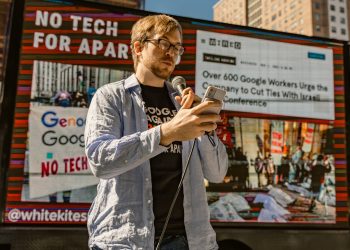“The lack of representation of Black engineers in tech is a barrier to entry for the next generation,” said Kibble Smith. “A lot of the HBCU students we interviewed are first-generation college students. They don’t have a clear understanding of what goes on in a technical interview until they’re interviewing for their first engineering internship, and they don’t have anyone in their networks to help them prepare.”
Key findings
Structural inequities delay exposure to computer science education and make it more difficult for Black software engineers to start careers in tech.
- Respondents who have had software engineering internships had access to their first PC nearly a full year earlier than those who had not secured an internship.
- They also had their first exposure to computer science education an average of two and a half years earlier.
- Proximity and access to people working in the tech sector increase interview confidence, but the under-representation of Black engineers in the sector limits that access for HBCU students.
- Nearly three-quarters of the survey respondents knew fewer than five people working in big tech, and more than 25 percent reported knowing none.
- Professional networking was even more limited in the tech startup space, with 83 percent of respondents knowing fewer than five people working at startups, and 43 percent not having any contacts.
Interview practice helps students overcome the lack of structural exposure and access to the technology…



























































